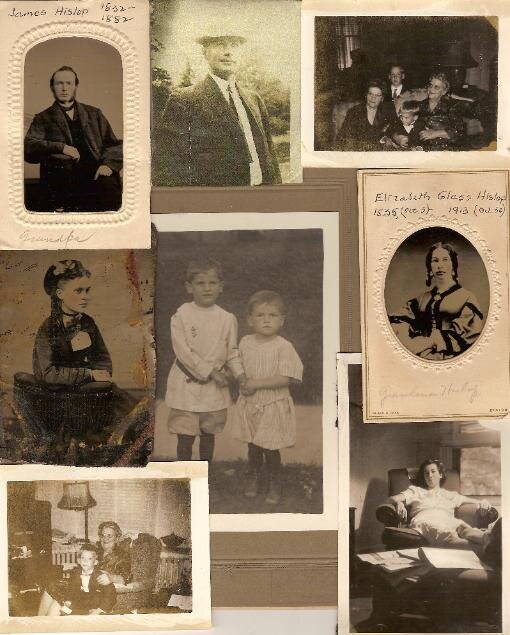
Family Tree, Genogram
Psychotherapy and the Family Tree
Our family shapes us, and then we shape our families. Growth and healing often involves facing the frequently shameful truths of your family, forgiving them all, rejecting their negative influences, and moving on with your life. There’s the tendency to keep trying to get an impaired parent’s approval, love, protection, support that the parent was never able to give. We carry the hopefulness/hopelessness in out attitudes long after adulthood, and frequently after the parents are dead.
There’s a joke about a young daughter asking her mother why she cuts off the ends of the ham when she puts it in the pan to bake. The mother replied that her own mother always did that, and there was no other reason. They later asked grandmother, who said that that’s the way ham should be prepared because that’s how her own mother cooked. They went to ask great grandmother, who said she cut the ends off the ham in the old days because her pan was too small. Traditions are often carried on long after their apparent necessity is gone, especially traditions of compulsions, emotional problems, inadequate parenting, etc.
Often, an emotional state is triggered when one of our own children reach an age when our own neglect or abandonment/abuse was started or at its height. Our suffering is consciously or subconsciously reactivated through the necessity of providing for, or protecting, our own child, and sensing that the parenting was insufficient for ones self. Giving to your own child what you never got will often trigger strong emotions that can be surprising, powerful, and yet often remain subconscious. The genogram is a standard intake tool which quickly documents the influences between and among the generations that can be influencing the current concerns. The genogram is the beginning of the process of filling in the personalities, interactions, stories and fates of the family members.
“I never cease to be amazed by the precision with which people often reproduce their parents' behavior, although they have no memory of their own early childhoods... Merely forgetting early traumas and early neglect is no solution. The past always catches up with us, in our relationships with other people and especially with our children... On the one hand, barriers in the mind are our friends because they protect us from pain and enable us to fend off the anxieties aroused by events in our past. On the other hand, this same action makes barriers our enemies, as they cause emotional blindness and urge us to do harm to ourselves and others.”
— Alice Miller, PhD, The Truth Will Set You Free
“Constructing your family tree will encourage you to think about your family life in new ways. You will uncover ''inherited" talents, values and ways of coping that can be, but don't have to be, irrevocable legacies. Chart your past with a view towards your future. The past does not have to be tomorrow's prologue. Today, you can reject inheritances and break traditions. The genogram can be an instrument of change. Use it to make the changes you want to make.”
— Emily Marlin, Genograms, The New Tool for Exploring Your Personality, Career, and Love Patterns You Inherit
The above obituary was a lie. James died of an intentional drug overdose suicide.
What happens when you ''wake up" to realize that some people in your life are not, and never have been, who you thought they were?
“What about him, Mackenzie? Is that man guilty? Should he be judged?" "Is he to blame for your loss?" "Yes!". "What about his father, the man who twisted his son into a terror, what about him?" "Yes, him too". "How far do we go back, Mackenzie? This legacy of brokenness goes all the way back to Adam, what about him?”
— William P. Young, 2007, The Shack
“The Journey what you had to do, and began, though the voices around you kept shouting their bad advice — though the whole house began to tremble and you felt the old tug at your ankles. "Mend my life!" each voice cried. But you didn't stop. You knew what you had to do, though the wind pried with its stiff fingers at the very foundations, though their melancholy was terrible. It was already late enough, and a wild night, and the road full of fallen branches and stones. But little by little, as you left their voices behind, the stars began to burn through the sheets of clouds, and there was a new voice which you slowly recognized as your own, that kept you company as you strode deeper and deeper into the world, determined to do the only thing you could do -- determined to save the only life you could save.”
— Mary Oliver



